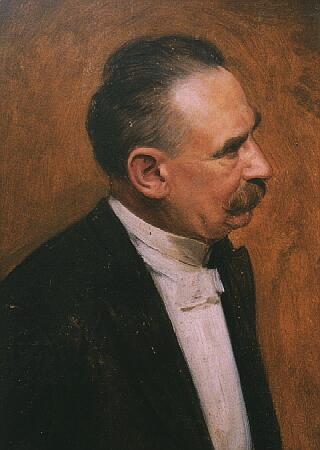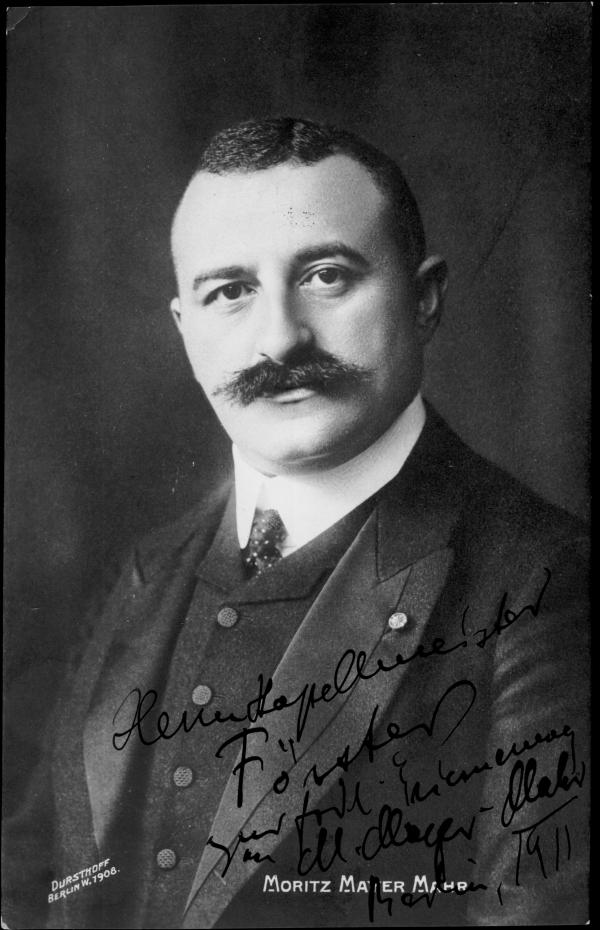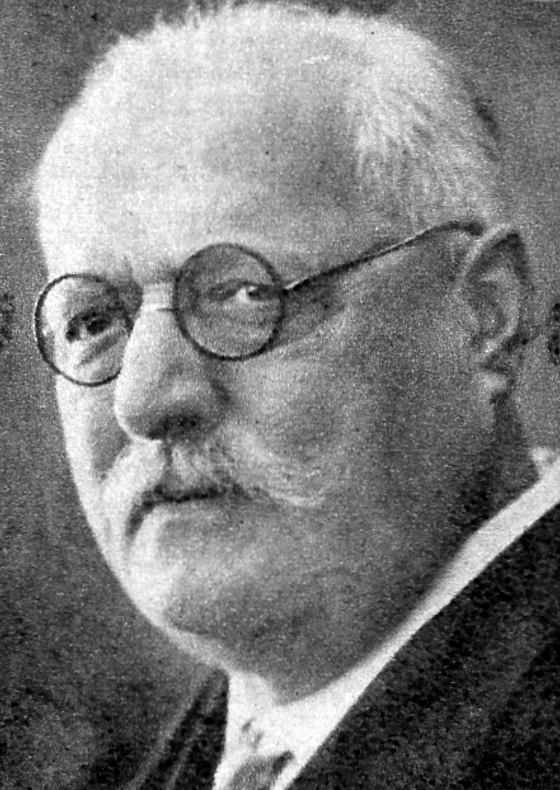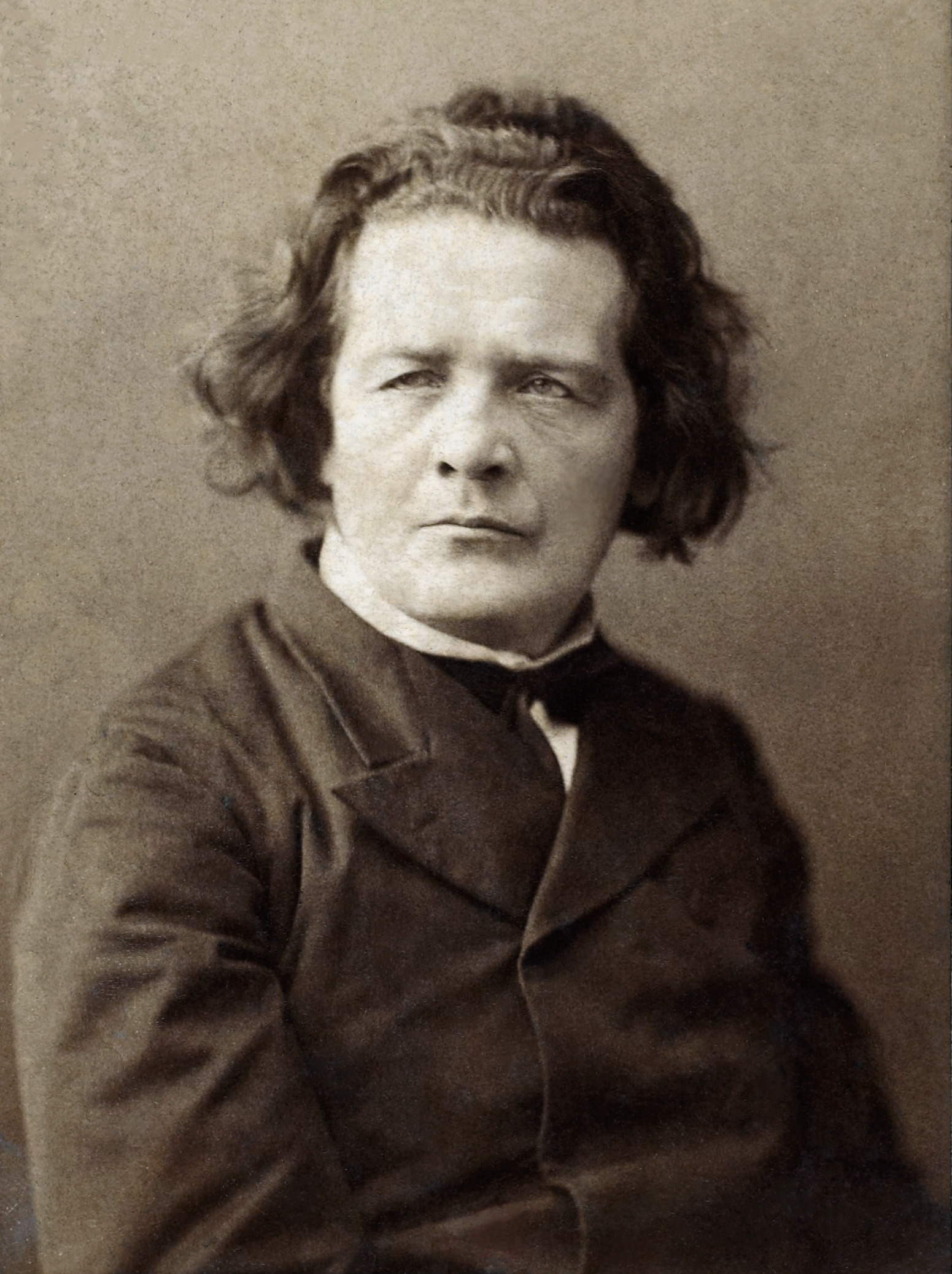|
Klindworth-Scharwenka-Konservatorium
The Klindworth-Scharwenka Conservatory (german: Klindworth-Scharwenka-Konservatorium) was a music institute in Berlin, established in 1893, which for decades (until 1960) was one of the most internationally renowned schools of music. It was formed from the existing schools of music of Xaver Scharwenka and Karl Klindworth, the ''Scharwenka-Konservatorium'' and the ''Klindworth-Musikschule''. The former, with his brother Phillipp, consolidated the two. Directors *1881–1892: Xaver Scharwenka (Scharwenka-Konservatorium) *1890–1892: Friedrich Wilhelm Langhans (Scharwenka-Konservatorium) *1883–1892: Karl Klindworth (Klindworth-Musikschule) *1893–1905: Hugo Goldschmidt *1893–1917: Philipp Scharwenka *1898–1924: Xaver Scharwenka *1905–1917: Robert Robitschek *1929–?: Max Dawison *1937–1954: Walter Scharwenka Teachers * Conrad Ansorge * Wilhelm Berger * Fritz von Borries * Sergei Bortkiewicz * Gustav Bumcke * Max Butting * Hugo van Dalen * Hanns Eisler ... [...More Info...] [...Related Items...] OR: [Wikipedia] [Google] [Baidu] |
Télémaque Lambrino
Télémaque Lambrino (27 October 1878 – 25 February 1930) was a German pianist and music educator. The son of Greek parents, he lived and worked mainly in Germany. Life Born in Odessa, Lambrino first received his musical training with Dmitri Klimow in his native city. Presumably from the winter semester 1898/1899 where he was enrolled for one year at the University of Music and Performing Arts Munich, among others the Liszt's students Berthold Kellermann as well as Anton Beer-Walbrunn and Josef Gabriel Rheinberger were his teachers. At the end of 1899, Lambrino seems to have moved to Leipzig. From here he regularly went to Berlin to continue his studies with Rubinstein's student Maria Teresa Carreño. Already early on Lambrino took over the direction of his own master classes, both at the Richard Bruno Heydrich Konservatorium für Musik und Theater in Halle (from February 1905, with interruptions until 1915) and at the Thuringian State Conservatory in Erfurt. After a sho ... [...More Info...] [...Related Items...] OR: [Wikipedia] [Google] [Baidu] |
Xaver Scharwenka
Theophil Franz Xaver Scharwenka (6 January 1850 – 8 December 1924) was a German pianist, composer and teacher of Polish descent. He was the brother of Ludwig Philipp Scharwenka (1847–1917), who was also a composer and teacher of music. Life and career Scharwenka was born in 1850 in Samter, Prussia (Polish: Szamotuły; until 1793 and since 1919 part of Poland). His paternal ancestors originally came from Prague, then moved to Frankfurt on the Oder in 1696 - probably for reasons of faith - and settled thereafter in Samter. His father, August Wilhelm, was a gifted master-builder but decidedly did not have an ear for music. His mother, née Golisch, was an ethnic Pole from a family of some means, who was musically inclined and early on instilled in her children a love of music. Although he began learning to play the piano by ear when he was 3, Scharwenka did not start formal music studies until he was 15, when his family moved to Berlin and he enrolled at the Akademie der Tonk ... [...More Info...] [...Related Items...] OR: [Wikipedia] [Google] [Baidu] |
Florizel Von Reuter
Florizel von Reuter (21 January 1890 – 10 May 1985) was an American-born violinist and composer, a child prodigy who went on to an adult career, mainly in Germany, as distinguished soloist and teacher of violin. He was also a psychic and medium and the author of several books on his alleged mediumistic communications with deceased musicians, and other works. Early life Born on 21 January 1890, Florizel Reuter at Davenport, Iowa, U.S., he was the son of Jacob and Grace Reuter. His father was a musician and minor composer. Florizel had his first violin lessons with his mother. He showed extraordinary talent at a very young age, and went to London to study in 1899. He was taught by Max Bendix, Emile Sauret (who had also taught his father Jacob), César Thomson and Henri Marteau. In 1901 he graduated from the Geneva Conservatory, where there was a debate as to whether he should be allowed to graduate (presumably owing to his age). Several teachers refused to graduate any other pupi ... [...More Info...] [...Related Items...] OR: [Wikipedia] [Google] [Baidu] |
Moritz Mayer-Mahr
Moritz Mayer-Mahr (17 January 1869 – 30 July 1947) was a German pianist and music educator. Life Born in Mannheim, Mayer-Mahr was the youngest of five children of the merchant Michael Mayer-Mahr and his wife Clara ''née'' Rice(s). Already as a pupil he received piano lessons. From 1886 to 1890, he studied musical composition with Woldemar Bargiel and piano with Ernst Rudorff at the Academy of Arts, Berlin. Mayer-Mahr undertook concert tours and performed as a soloist, in a duo with Willy Burmester and in a trio with cellist Heinrich Grünfeld and violinist Bernhard Dessau, who was succeeded by Alfred Wittenberg after his death in 1923. He admired Ferruccio Busoni, whom he knew personally. Between 1910 and 1930 he recorded a series of pieces by Franz Liszt, Frédéric Chopin and others. His late recordings, however, were viewed sceptically. From 1892, Mayer-Mahr taught at the Klindworth-Scharwenka Conservatory in Berlin. Among his students were in particular Manfred G ... [...More Info...] [...Related Items...] OR: [Wikipedia] [Google] [Baidu] |
Jacques Van Lier
Jacques van Lier (24 April 1875 – 25 February 1951) was a Dutch-British cellist who spent most of his career in Germany and England. He played with the best musicians of his time and was well regarded as a teacher. He published many arrangements for cello. Life Early years Jacques was the third of nine children and the eldest son of tailor Felix van Lier and Naatje Frank. His father was secretary and treasurer of the men's choir Attentia in The Hague. He provided his children with a musical education at an early age. Jacques studied with Joseph Giese at the Koninklijke Muziekschool and started to perform for audiences from the age of seven during presentations of his father's choir. At 13 years of age, van Lier moved to Rotterdam to study with Oscar Eberlé at the precursor of the Rotterdam Conservatory. Between 1891 and 1895, he played regularly, including solo, in the orchestra of the Paleis voor Volksvlijt in Amsterdam conducted by Richard Hol. Van Lier was only 16 ye ... [...More Info...] [...Related Items...] OR: [Wikipedia] [Google] [Baidu] |
Hugo Leichtentritt
Hugo Leichtentritt (1 January 1874, Pleschen, , nearby Posen, Province of Posen13 November 1951, Cambridge, Massachusetts) was a German-Jewish musicologist and composer who spent much of his life in the USA. His pupils include composers Leroy Robertson and Erich Walter Sternberg. Early life Leichtentritt was born to a family of Jewish merchants in Pleschen, Poland. His German father, Gerson Leichtentritt, was a successful distillery owner. His mother, Frances Caroline Wax, was from Boston, Massachusetts. His great-uncle, Hirsch Leichtentritt, had a high social rank among local nobility, and was responsible for the small Leichtentritt family fortune. Leichtentritt was head of his class in grammar school, and his family decided to enroll him in secondary school in the United States after financial troubles. In 1889, Gerson Leichtentritt lost most of the family fortune. Hugo Leichtentritt's maternal grandfather convinced his family to emigrate to the United States. That Novem ... [...More Info...] [...Related Items...] OR: [Wikipedia] [Google] [Baidu] |
James Kwast
James Kwast (23 November 185231 October 1927) was a Dutch-German pianist and renowned teacher of many other notable pianists. He was also a minor composer and editor. Biography Jacob James Kwast was born in Nijkerk, Netherlands, in 1852. After studies with his father and Ferdinand Böhme in his home country, he became a student of Carl Reinecke at the Leipzig Conservatory, and had later studies in Berlin under Theodor Kullak, and Brussels under Louis Brassin and François-Auguste Gevaert. He settled in Germany in 1883, initially as a teacher at the Cologne Conservatory, and later at the Hoch Conservatory in Frankfurt and the Klindworth-Scharwenka (1903–06) and Stern conservatories in Berlin. He participated in the first performance in England of Brahms’s Piano Trio in C minor, with Carl Fuchs and Carl Deichmann. Clara Schumann played her last public concert in Frankfurt on 12 March 1891. The last work she played was Brahms's ''Variations on a Theme by Haydn'', in the p ... [...More Info...] [...Related Items...] OR: [Wikipedia] [Google] [Baidu] |
Walter Kirchhoff
Walter may refer to: People * Walter (name), both a surname and a given name * Little Walter, American blues harmonica player Marion Walter Jacobs (1930–1968) * Gunther (wrestler), Austrian professional wrestler and trainer Walter Hahn (born 1987), who previously wrestled as "Walter" * Walter, standard author abbreviation for Thomas Walter (botanist) ( – 1789) Companies * American Chocolate, later called Walter, an American automobile manufactured from 1902 to 1906 * Walter Energy, a metallurgical coal producer for the global steel industry * Walter Aircraft Engines, Czech manufacturer of aero-engines Films and television * ''Walter'' (1982 film), a British television drama film * Walter Vetrivel, a 1993 Tamil crime drama film * ''Walter'' (2014 film), a British television crime drama * ''Walter'' (2015 film), an American comedy-drama film * ''Walter'' (2020 film), an Indian crime drama film * ''W*A*L*T*E*R'', a 1984 pilot for a spin-off of the TV series ''M*A*S*H'' * ''W ... [...More Info...] [...Related Items...] OR: [Wikipedia] [Google] [Baidu] |
Leo Kestenberg
Leo Kestenberg (27 November 1882 – 13 January 1962) was a German-Israeli classical pianist, music educator, and cultural politician. Working for the government in Prussia from 1918, he began a large-scale reform of music education (''Kestenberg-Reform'') which aimed to teach music to all, beginning with small children, and including the education of their teachers. In exile in Prague, he was instrumental in forming the and administrating the first international organization for music education, which became ISME. Fleeing from Nazi Germany further to Mandatory Palestine, he founded a seminary for music teachers and privately taught pianists such as Menahem Pressler and Alexis Weissenberg. Life and work Childhood and education Kestenberg was born the son of a Hungarian–Jewish ''hazzan'' in Ružomberok, then in the Kingdom of Hungary under the rule of the Habsburg monarchy. When he was four years old, the family moved to Prague and from there to Liberec two years later. ... [...More Info...] [...Related Items...] OR: [Wikipedia] [Google] [Baidu] |
Hugo Kaun
Hugo Wilhelm Ludwig Kaun (21 March 1863 – 2 April 1932) was a German composer, conductor, and music teacher. Biography Kaun was born in Berlin, Germany and completed his musical training in his native city. In 1886 (or 1887), he left Germany for the United States and settled in Milwaukee, Wisconsin, which was home to a well-established German immigrant community. As the conductor of local choral societies, such as the Milwaukee Liederkranz and the Milwaukee Men's Choir, Kaun quickly acquired an important influence in the city's musical life. He also taught at the conservatory, where his colleagues included Wilhelm Middelschulte. Kaun's eldest son, Bernhard Kaun, later became a composer of film scores in Hollywood. At the turn of the century, Kaun returned to Germany and continued his teaching in Berlin. Although he received numerous lucrative offers of employment from abroad, these inducements could not persuade him to leave Berlin a second time. In 1912, he was appointed to th ... [...More Info...] [...Related Items...] OR: [Wikipedia] [Google] [Baidu] |
Alberto Jonás
Alberto Jonás (June 8, 1868, Madrid – November 10, 1943, Philadelphia) was a Spanish pianist, composer, and piano pedagogue. Although not much is known about his life, as a pianist he was regarded as a virtuoso on the level of Ignacy Jan Paderewski, Moriz Rosenthal, Leopold Godowsky, Josef Hofmann, and Josef Lhévinne . He also ranked, during the 1920s and '30s, among the greatest and most sought-after keyboard pedagogues of the time. Life and early career (Madrid, 1868 – 1886) Born in Madrid to German parents Julius Jonas, a businessman, and Doris Sachse, his musical talents were recognized at an early age. King Alfonso XII of Spain received the young child in a private audience at the Royal Palace of Madrid in 1880 and Jonás was immediately hailed as a prodigy. He initially studied at the Madrid Royal Conservatory with Manuel Mendizábal (1817–1896) in piano (Mendizábal had been Isaac Albéniz's piano teacher) and Ciriaco Olave in organ, graduating at the age of 12, ... [...More Info...] [...Related Items...] OR: [Wikipedia] [Google] [Baidu] |





_Leo_Kestenberg.jpg)

